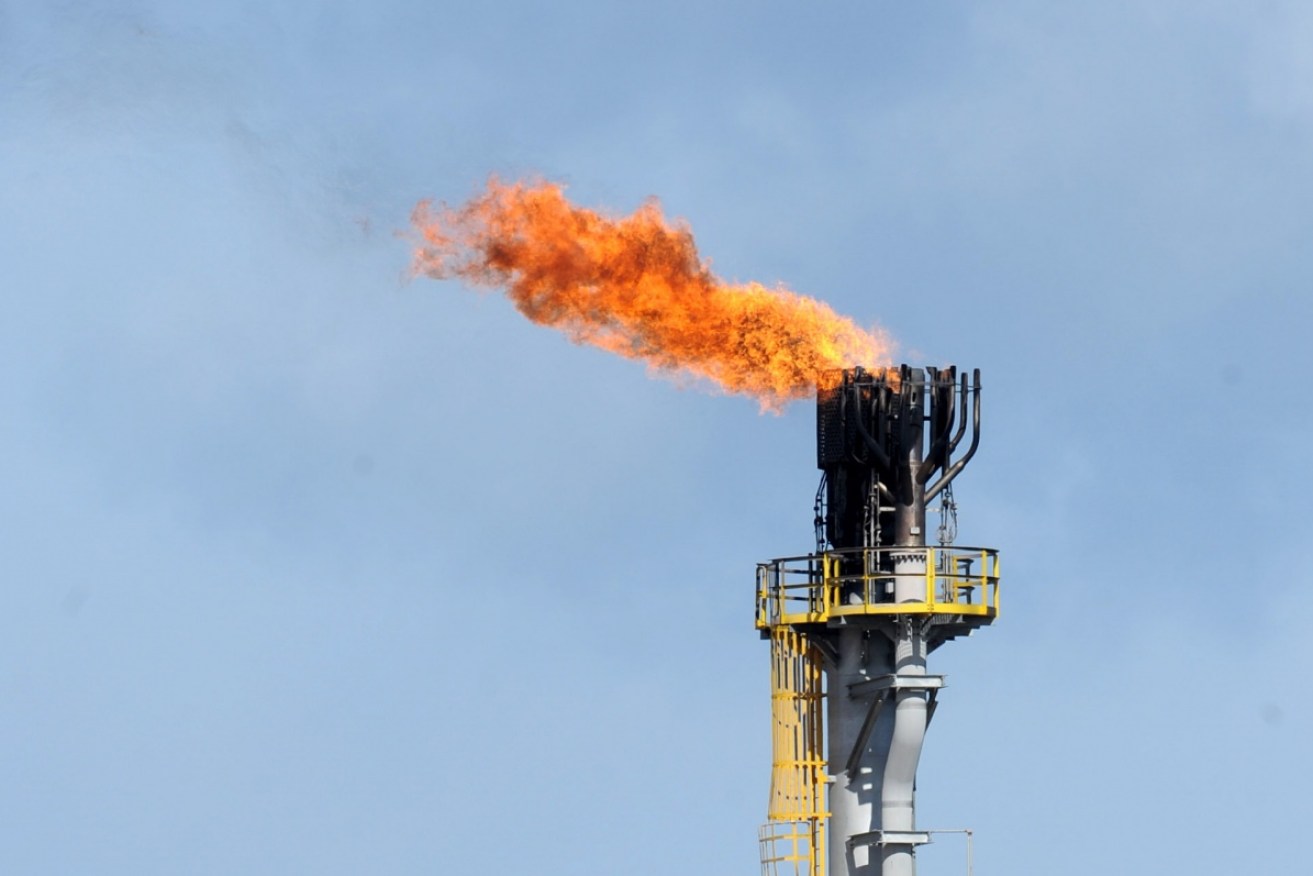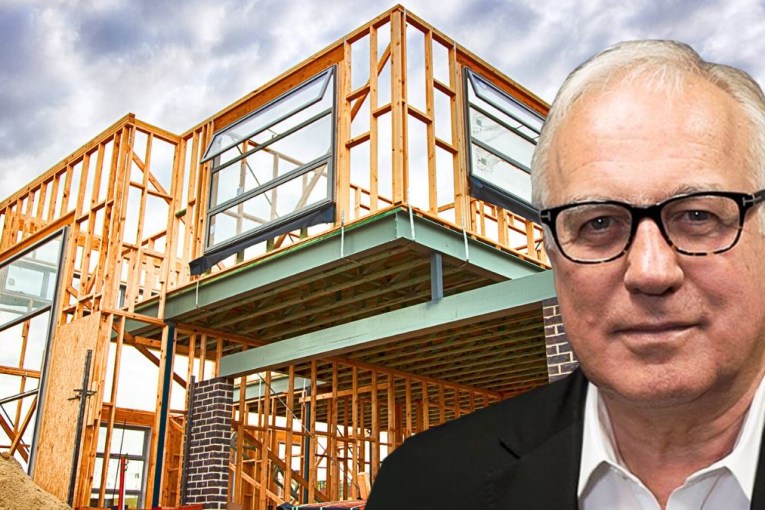Nobody blames you for not caring about the NEG, but you probably should


The move away from fossil fuels is urgent, but Australia is still playing politics. Photo: AAP
If your eyes glaze over every time someone mentions the National Energy Guarantee, you’re not alone.
Pretty much only the pointy-head policy experts and journalists who’ve covered energy stories for a long time understand the detail of the electricity wars currently playing out in Australian politics.
However, our lack of awareness is a big risk – politicians know most of us aren’t across the detail, and some are trying to twist this for their own political gain.
So if you’re interested in lower electricity prices rather than petty politics, it’s important to get a proper handle on the debate.
Managing the electricity grid is challenging — the amount of electricity being generated must exactly match customer demand if the grid is to remain stable.
The grid is currently dominated by slow moving coal with gas, hydro and increasing amounts of variable renewable energy like wind and solar.
Flexible generation, energy you can turn up and down quickly like gas, hydro and batteries, is ‘dispatchable’ energy.
The more variable renewable energy there is entering the grid, the more dispatchable energy is needed to keep the grid stable and avoid blackouts.
Filling the gaps between generation and demand is known as ‘firming’ the electricity supply.
Where does the National Energy Guarantee or NEG come into this?
The NEG was never meant to cut electricity prices – it was created to lower emissions while keeping the lights on.
It’s also what you get when your government has sworn not to implement an emissions trading scheme.
If the Australian states unanimously agree to the NEG, it will ‘guarantee’ emission cuts and reliable electricity.
The cuts will come from requiring retailers to provide electricity that meets emission levels that will fall each year.
The reliability guarantee will be based on the market operator assessing whether there’s an unacceptable chance of blackouts in the coming years.
If blackouts are predicted, retailers will be required to increase the level of coal or dispatchable energy.
Opponents of the NEG argue it will not encourage new renewable energy sources because the government’s 26 per cent reduction target will be met as soon as the scheme begins.
If you’re wondering what the NEG has to do with coal, the answer is: very little.
It’s unlikely that even a shiny new coal-fired power station could meet the emissions reduction levels required under the NEG.
And coal-fired generators can’t be ramped up in minutes like gas, hydro or a battery. In short, the NEG doesn’t provide any incentives to build new coal power stations.
But of course that hasn’t stopped the coal supporters in the Turnbull government, led by Tony Abbott, from insisting the NEG include support for new coal-fired power stations.
So far, Prime Minister Malcolm Turnbull and his Energy Minister Josh Frydenberg have ‘courageously’ resisted this nonsense.
This week, a new report on electricity prices was published.
Unsurprisingly, the detail-heavy report is being promoted by the usual suspects as being pro-coal.
The report was produced by Australia’s competition watchdog, the ACCC, using much the same powers as a royal commission.
It’s a damning expose of the many ways that electricity companies have abused their customers, and offers nearly 60 recommendations on how to fix this, as well as reduce electricity prices.
The ACCC believes power prices would come down if there were more businesses producing electricity, and it would help new businesses get finance to build more power generators if the Government guaranteed a low minimum price for new energy entrants to the market.
The ACCC has recommended that this price ‘safety-net’ be provided to new power companies building generators that have commitments from multiple large customers for at least five years.
The demand could be met by gas, hydro — and theoretically coal — but it’s much more likely to be met by renewables backed up with gas, hydro or batteries.
But if you listened to the Coalition backbenchers crowing vindication about the report, you’d get the impression it said the government should subsidise the construction of a new coal-fired power station. It says nothing of the sort.
“[The report] is technology neutral and if you are interested in affordability best to stay that way,” ACCC Chairman Rod Sims said this week. “It’s not targeted at baseload power and it’s not targeted at coal.”
Despite the complexity of energy policy, and its fraught political nature, we deserve more honesty about the issue that affects pretty much every Australian.
It says a lot about those promoting coal that they’re willing to mislead us just to extend the life of their aging technology.








